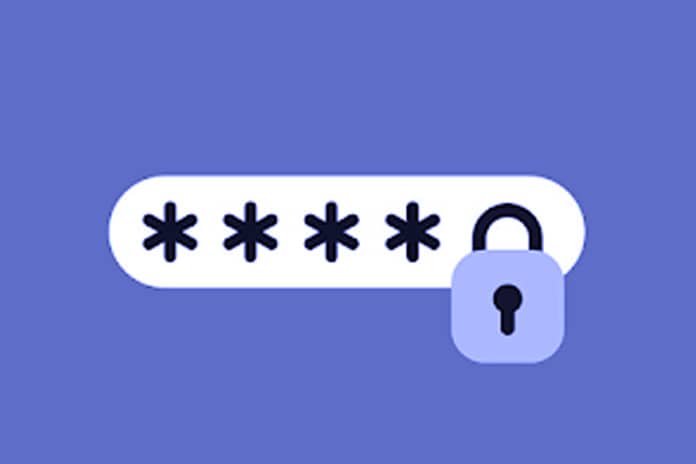If earlier all passwords were based on the birth dates, other important events, or just consisted out of your name variations, today you can’t use these simple combinations unless you want to sacrifice your online privacy. With so many accounts on different websites and social networks, it becomes hard to keep everything in mind, but if you want to have your information secure, you need to think about smart ways of retaining this data in your head. Just like students memorize materials for exams, you can create and remember complex passwords that are very hard to hack. In this guide, we will tell you some simple tricks of your passwords arrangement that can help you feel safe.
Top Password-Creating Techniques To Use
How often have you been puzzled with the question, «Who can write my homework for me? I have no time for this ». As a student, you have to keep lots of things in your head from the dates of exams to ways to make some money to pay off your college loan. There is absolutely no place to also keep multiple passwords to multiple website accounts that usually serve you as a source of information for writing your papers and completing projects.
For years, people thought that passwords should be easy to remember not to be written down, but with technologies going forward and cybercriminals developing new techniques, you have to reconsider your beliefs. To avoid the data breach and not overload your head with unnecessary information, here are some simple ways to create memorable and strong passwords:
1. Apply An Algorithm
The algorithm is the set of rules for specific calculations, and this method can be successfully implemented for creating a reliable password. The password will be complex but, at the same time, easy to remember because you know the algorithm. For example, you create an account on Kickstarter.com. You can apply the following algorithm for your password: the number of symbols will be the number of letters on the website, three first letters can be reversed, you can capitalize every second letter and add three first digits of your phone number at the end. Only you know how the password was built, so it’s safe;
2. Use An Acronym
It can be a phrase from your favorite song or citation, or the name of your college dissertation, whatever. For example, «I hate creating passwords for all my accounts» can become a password looking like this – Ihcpfama. Capitalize the first and the last letters to make it more secure or add some random numbers;
3. Take Advantage Of A Password Manager
Don’t overload your memory with such things as passwords: delegate this task to the software created exactly for this purpose. The system keeps all your passwords generated for all websites, and the only thing YOU should remember is the password that unlocks the system with all this data. You can import your old passwords, generate new unique ones, and see how strong they are. The software will also keep you updated on when you should change the password, especially if you keep it for months.
Online security is a very important thing that should not be neglected. Don’t use one password for more than one account; work on your way of creating passwords or facilitate this task by using a password manager. Use tricky security questions that will help you remember your password in case of an emergency. Never ever write your passwords down in a notebook or Google Docs. You can have a document stored in the cloud, but we recommend you choose one of these three great ways and keep your passwords safe and sound.
Also Read: How To Use A Password Manager?


